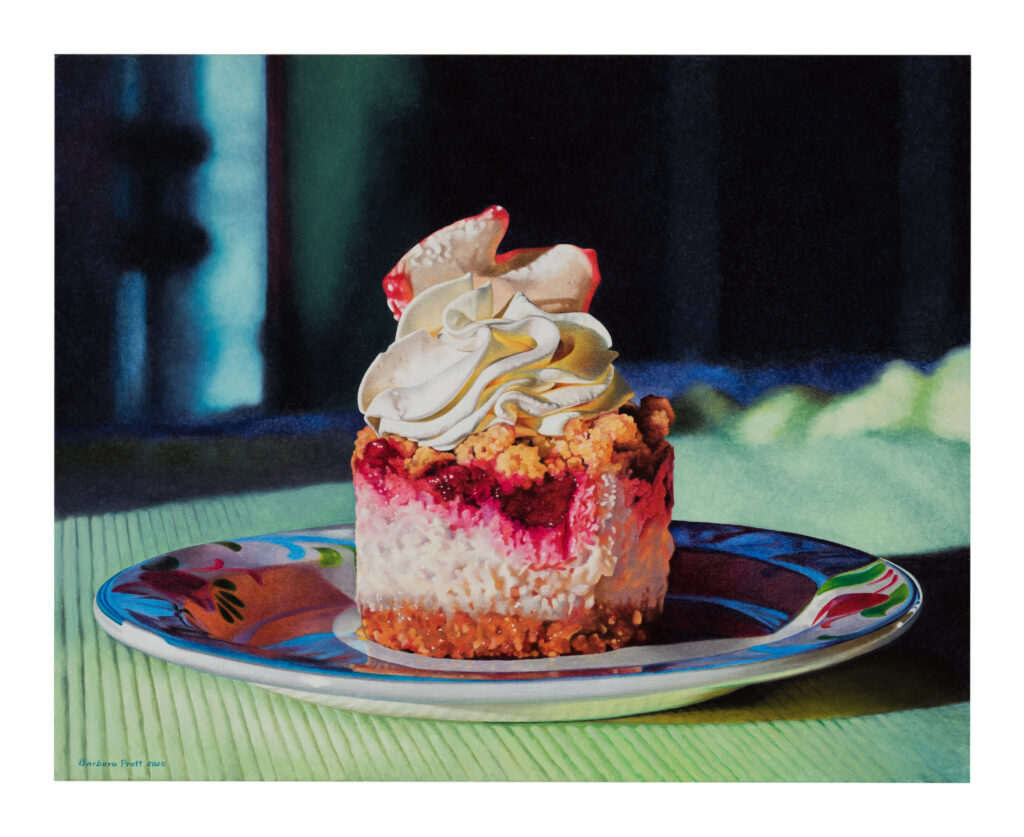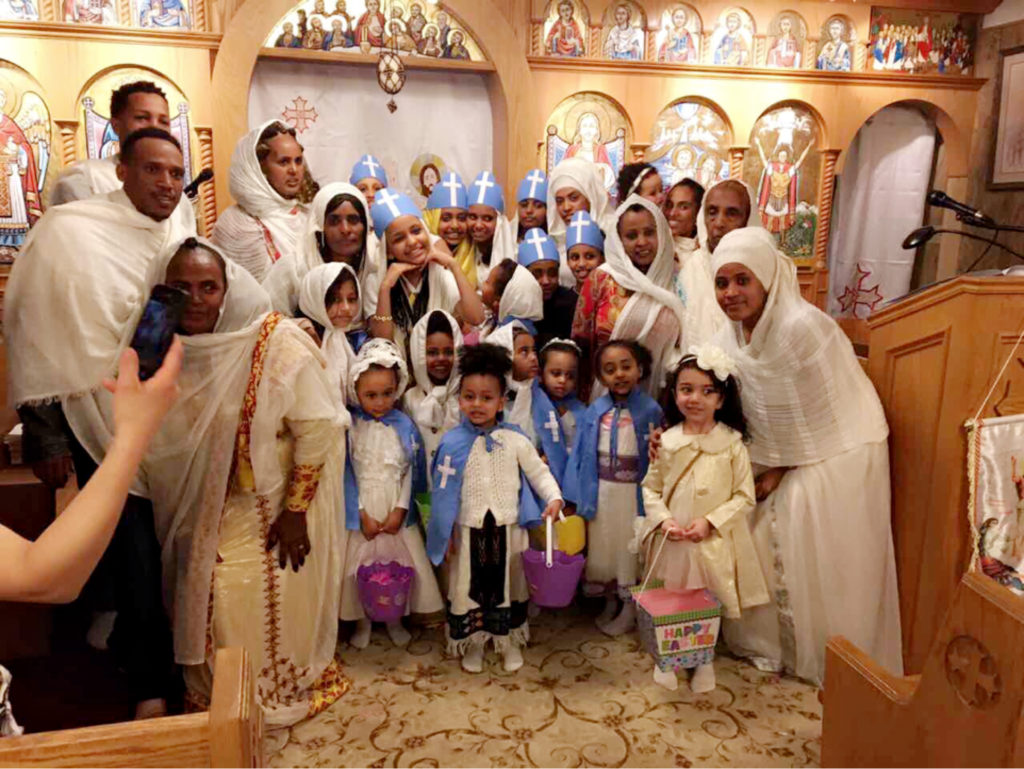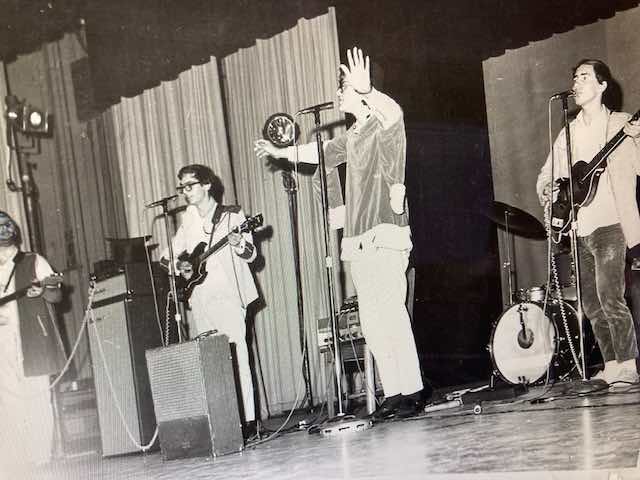Libraries and Wikipedia: A Beautiful Friendship
BY NQ
November 2019
by Jenny Higgins
Encyclopedias have been constant companions in my life. Before I could even read my parents took special care to stock our bookshelves with them: Funk and Wagnalls, the Life Nature Library, and Charlie Brown’s ’Cyclopedia. I spent countless hours sprawled on the living room floor, flipping through the pages, each one jam-packed with all manner of facts, trivia, and glorious images. The kraken! Houdini! Volcanoes! Saturn’s rings! Giraffes! Triceratops!
Encyclopedias are time well spent – curiosity catalysts for all ages. And – oh! – the images. I poured over them as a kid, and I still do. Rattlesnake fangs scared me in a fun way; butterfly wings filled me with awe. I am a lifelong addict of infographics and will never tire of seeing the relative size of things: a T-Rex compared to a human, Jupiter compared to Earth. Want to see a diagram of the space shuttle? Or a cross section of our planet? I sure do. People make fun of them, but a good pie chart is absurdly interesting. Encyclopedias sparked my imagination from a young age and made me realize that the more you learn about a thing, the more wondrous it can become.
When I grew up, I found myself working for an online encyclopedia of sorts: the Newfoundland and Labrador Heritage Website at Memorial University. I wrote hundreds of articles and produced close to 50 educational videos. They touched on a wide range of topics connected to this province’s history: the 1929 tsunami, the transatlantic telegraph cable, the Newfoundland Ranger Force, and women’s suffrage to name a few. I wrote for a general audience and in a neutral tone. Everything was well researched and backed up with quality references, including peer-reviewed journals, books from reputable publishers, archival documents, newspapers, and magazines.
I became the kind of person who lurked around libraries, archives, and museums, steeping myself in information and discovering how rich our history is (which by extension enriched my present). It became a delight to share my generalist’s love of what I was studying with a curious audience. My research was always targeted at a specific topic, but I usually allowed myself a little space to wander. I’d open one box in an archive to research one topic, but come away with ideas for unrelated future projects, too. I challenge anyone to look through the Centre for Newfoundland Studies’ subject files and not find a pile of topics they want to know more about.
In recent years, another encyclopedia has sparked my interest: Wikipedia. It was launched in 2001 to give people free access to knowledge. It’s an admirable goal. Wikipedia is written and edited by volunteers from around the world, which means that anyone with an internet connection can contribute. The idea is that, collectively, we will be able to add to the world’s knowledge of all things. It is a noble idea, and one that I love, but it has also led some people to criticize Wikipedia. If anyone can edit at any time, how can we trust the information? In the early years especially, questionable articles could be published with disconcerting ease. I’ve read some dating back to about a decade ago which have no references at all. Yikes.
As Wikipedia matured, however, and as its community of contributors expanded, it adopted more policies and guidelines. Many are aimed at keeping false or inadequately researched information off the site. One such policy is that new Wikipedians cannot publish new articles on their own until their accounts are at least four days old and they have done a minimum of 10 edits. New articles from new accounts are reviewed by experienced Wikipedians who can approve or delete the entry. Those editors must have accounts that are at least 90 days old with 500 edits under their belts; they must also demonstrate an understanding of Wikipedia’s policies and guidelines.
Some of those guidelines help editors determine if an article belongs on Wikipedia. Here are a few: the topic must be notable enough to warrant an article, the tone must be neutral (no soapboxing or advertising allowed), and each article should include at least three high-quality references. Articles already on Wikipedia that do not meet these criteria can be flagged by editors. I have seen many articles flagged because they lack adequate citations or are not written from a neutral point of view. These notices will hopefully prompt other Wikipedians to work on the articles; articles that are not improved risk being deleted from the site.
I have first-hand experience with the hurdles new Wikipedians must pass before an article is published. When I created my Wikipedia account, I immediately wrote a new article (no small edits for this naïve new editor – something I do not recommend). I had several sources, so I figured everything would go smoothly. Not so. The editor who reviewed my article returned it because one of my sources was not up to snuff: it was the website of the dance troupe I had written about, which is not an independent source according to Wikipedia’s standards. I replaced that citation with one from a newspaper, resubmitted my article for review, and it was eventually approved.
The emphasis on good referencing is important, because references allow readers to doublecheck and trust information. It has also resulted in a mutually beneficial relationship between Wikipedia and libraries. Libraries have the books, journals, and other research materials that bring depth to articles; Wikipedia has a visibility and global reach that libraries lack. The two also have a shared set of values: the free sharing of knowledge. When a book is cited on Wikipedia, its ISBN number is often hyperlinked; by following the links, readers can retrieve a list of libraries that hold the book. Some libraries report that a growing percentage of their web traffic and interlibrary loans now come from Wikipedia referrals.
One way that Wikipedia and libraries are collaborating is through Wikipedians in Residence: people who serve as go-betweens between Wikipedia and libraries. In October, I became a Wikipedian in Residence at the Centre for Newfoundland Studies (CNS). A big part of my yearlong residency will be to develop and lead Wikipedia edit-a-thons for the university community and general public. (Check the CNS Facebook page for news of upcoming edit-a-thons.) The edit-a-thons are intended to improve and expand Newfoundland and Labrador content on Wikipedia, using the vast research materials available at the CNS.
I led my first edit-a-thon on October 24. The event was held in partnership with Newfoundland Quarterly and the AC Hunter Library. Participants learned how to create a Wikipedia account and edit articles. They also received a list of suggested topics to work on, and reference materials were available to consult and cite.
One participant came to me with a question: she had previously added information to an existing article, only to have it deleted by another editor because it wasn’t backed up with a citation. Together, we found an appropriate source to cite and she again added the information to the article, but this time with a citation. Her edit passed muster and remains on Wikipedia to this day.
I believe that encouraging more people to edit Wikipedia will have many positive effects. Whether you love it or hate it, Wikipedia has tremendous reach and people of all ages are reading it. The more editors we have contributing, the more reliable and well-rounded the information will be. Importantly, editing Wikipedia will also make people think more critically about the information they read online. That is a great thing for people of all ages, but especially for students who are learning how to write research papers.
Although my job is not to edit articles, I still do that in my spare time as a volunteer. Often, I visit Wikipedia for what I think will be a few minutes of small edits, but before I know it, I have reverted to my childhood ways and slipped down the encyclopedia rabbit hole, transported to an alien world, marvelling at the cross section of a barley root (it’s unexpectedly beautiful), or checking out the size of a blue whale compared to an average human. It is still time well spent.
Jenny Higgins is a researcher and award-winning author whose most recent book, Agnes Ayre’s ABCs of Amazing Women, was published by Boulder Books.




